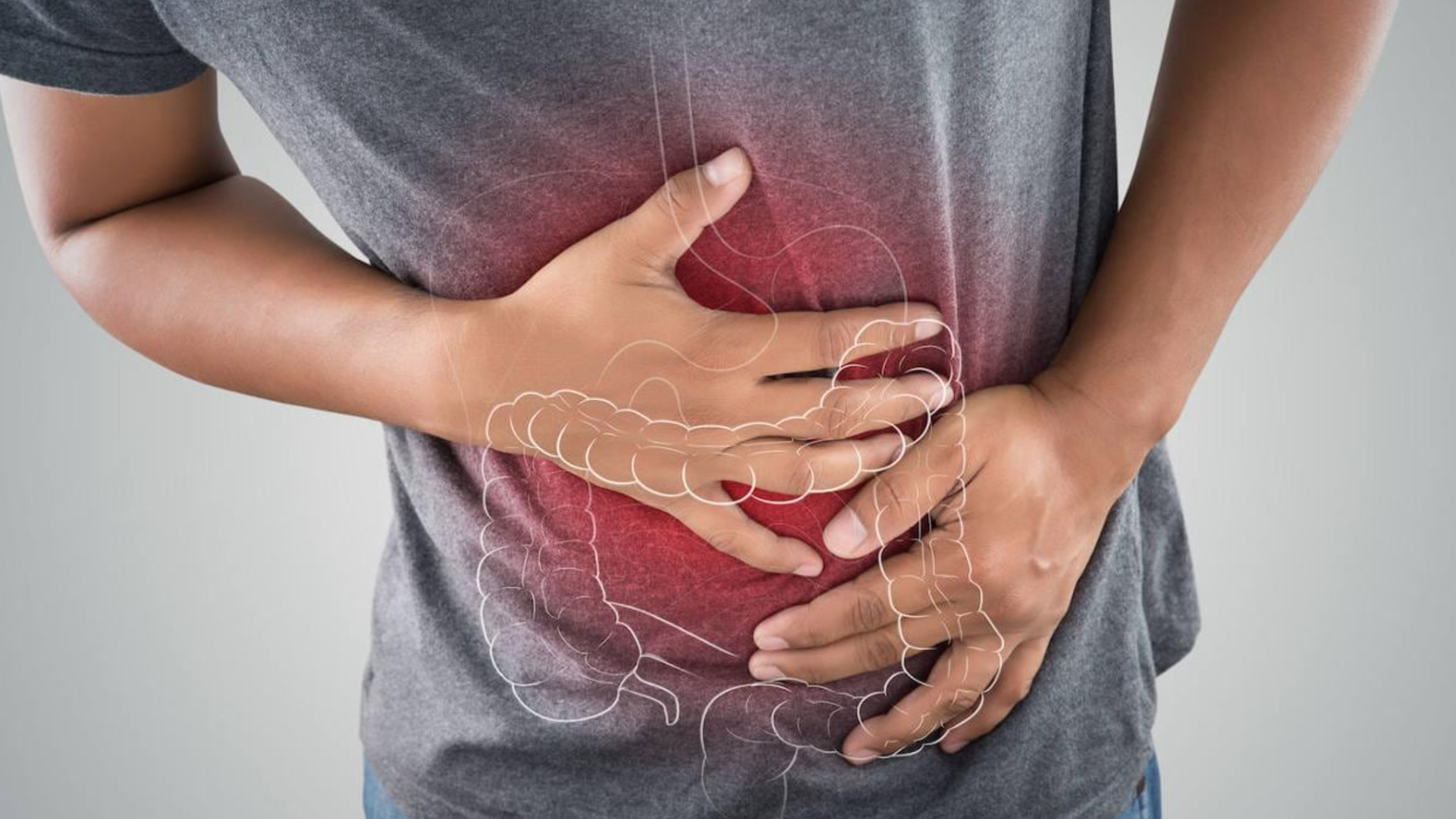This is how colon cancer manifests itself: causes and symptoms


Friday, October 25, 2024, 01:26
Colon cancer is currently the most diagnosed type of cancer in Spain, with 44,294 new cases diagnosed in 2024, according to the Spanish Society of Oncology. It occurs in the colon and usually begins as small growths called polyps that form inside the colon. Although these polyps are usually benign, some can transform into cancerous cells over time, so early detection is key in preventing the development of this disease.
Colon cancer most often affects people over 50, although it can appear at any age. Aging, along with other risk factors, increases the likelihood of developing this pathology, which in the early stages often does not manifest symptoms. However, when symptoms begin to appear, it is important to pay attention to certain warning signs that may indicate the presence of colon cancer.
Symptoms
While many people do not experience early symptoms, as the disease progresses, symptoms may appear that indicate the need to see a doctor, the Mayo Clinic explained. Among the most common symptoms are:
– Changes in bowel habits, such as more frequent episodes of diarrhea or constipation for no apparent reason.
– Blood in the stool or rectal bleeding that can be seen in the toilet or on toilet paper.
– Persistent abdominal discomfort, which may include cramping, gas, or pain that does not go away.
– Sensation of incomplete evacuation, as if the bowels were not completely emptied during stool.
– Extreme weakness or fatigue for no apparent reason.
– Unexplained weight loss, which may indicate that something is wrong.
These symptoms are not always characteristic only of colon cancer, but their persistence should be a reason to contact a specialist. Early detection is key to increasing the chances of treatment success.
What Causes Colon Cancer?
Although it is not known exactly what causes most cases of colon cancer, it is known that it occurs when cells in the colon suffer from mutations in their DNA. These mutations allow cells to grow uncontrollably and live longer than they should, forming a mass that can invade healthy tissue. If it is not detected in time, it can spread to other parts of the body, becoming metastatic cancer.
In this context, there are several factors that can increase the risk of developing colon cancer. Some of the most relevant:
– Old age: most diagnoses occur in people over 50 years of age.
– Family history: Having close relatives with colon cancer or polyps increases the risk.
– Unhealthy diet: High intake of fat and red meat combined with low fiber intake may be associated with a higher risk.
– Inflammatory bowel diseases such as ulcerative colitis or Crohn’s disease.
– A sedentary lifestyle, diabetes, obesity, smoking and excessive alcohol consumption also increase the chances of contracting this disease.
Prevention and early detection
Because many cases of colon cancer begin without obvious symptoms, early detection through regular screening is important. Doctors recommend that people starting at age 45, or earlier if there is a family history, begin screening tests such as a colonoscopy or a stool occult blood test.
Early detection of polyps can prevent them from transforming into cancer, so this type of screening plays a critical role in prevention.